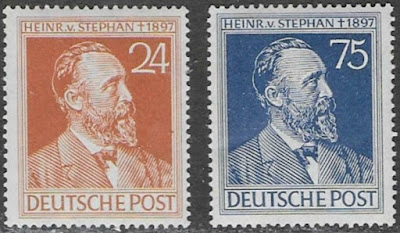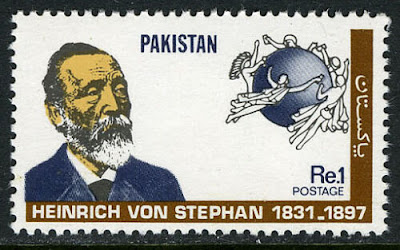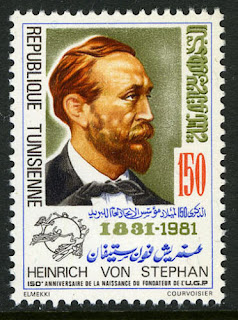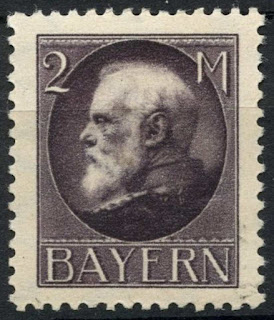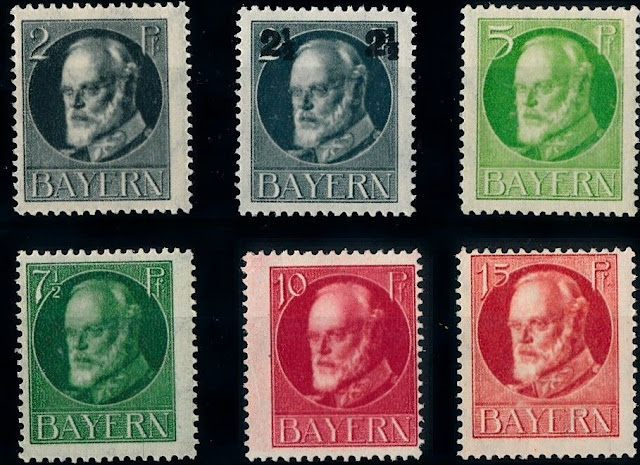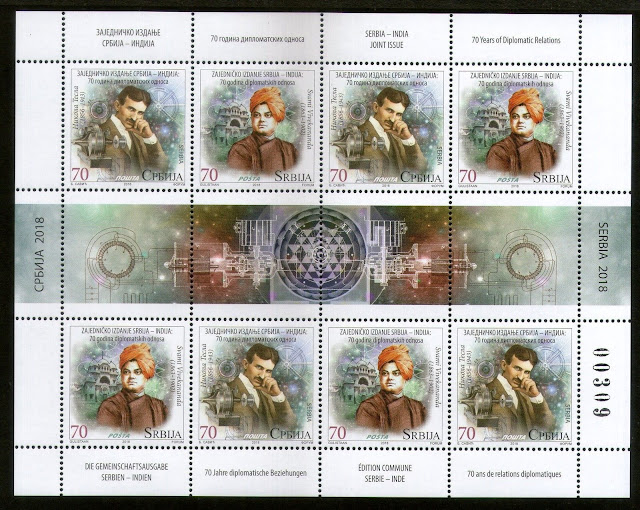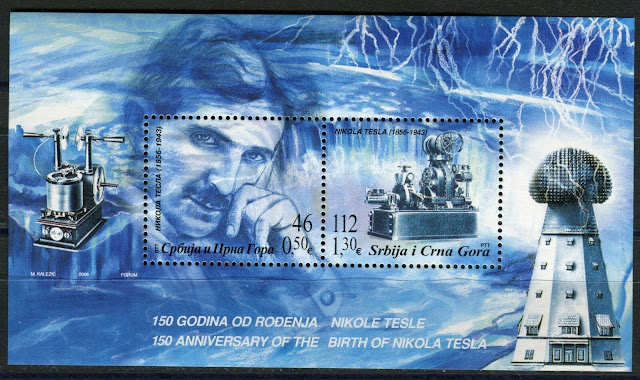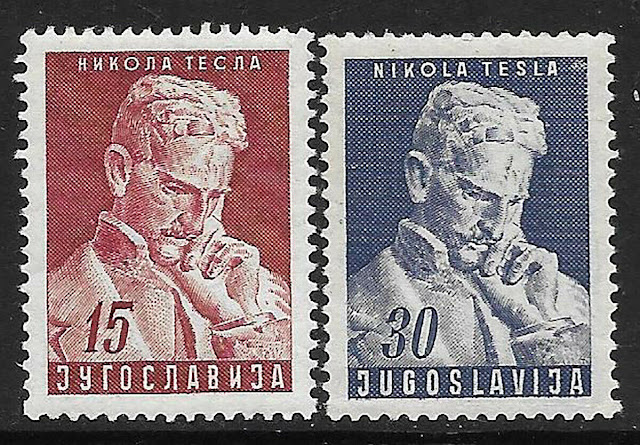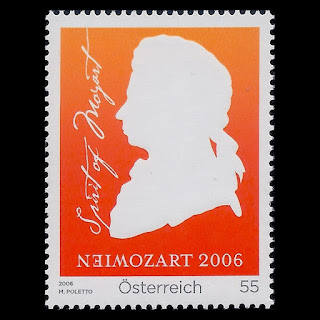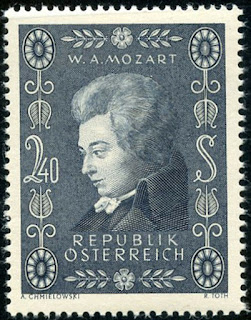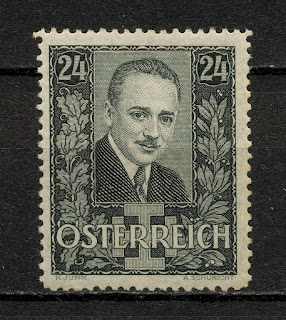1831 Born: Heinrich von Stephan, German postman, founded the Universal Postal Union (d. 1897)
Ernst Heinrich Wilhelm von Stephan (Born Heinrich Stephan, January 7, 1831 – April 8, 1897) was a general post director for the German Empire who reorganized the German postal service. He was integral in the founding of the Universal Postal Union in 1874, and in 1877 introduced the telephone to Germany.
When Stephan began his work as a postal worker, Germany was divided into 17 independent states, each with its own separate policies and fees. He worked early on to establish a uniform postage rate throughout Germany, to facilitate easier mailing. His general goal of standardization and internationalization is evident in his work to combine the postal service with the telegraph service in Germany, and in his efforts to organize the International Postal Conference in Bern in 1874, in which the Universal Postal Union was established. He introduced the postcard (which he had initially suggested in 1865) to Germany after Chancellor Otto von Bismarck promoted him in 1870: the postcard came into widespread use in the subsequent Franco-Prussian War of 1870-71 as a method of communication between units in the field. He is also credited with having introduced the telephone to Germany.
1834 Born: Johann Philipp Reis, German physicist and academic, invented the Reis telephone (d. 1874)
Johann Philipp Reis (January 7, 1834 – January 14, 1874) was a self-taught German scientist and inventor. In 1861, he constructed the first make-and-break telephone, today called the Reis telephone.
In 1878, four years after his death and two years after Bell received his first telephone patent, European scientists dedicated a monument to Philip Reis as the inventor of the telephone.
Documents of 1947 in London's Science Museum later showed that after their technical adjustments, engineers from the British firm Standard Telephones and Cables (STC) found Reis' telephone dating from 1863 could transmit and "reproduce speech of good quality, but of low efficiency".
Sir Frank Gill, then chairman of STC, ordered the tests to be kept secret, as STC was then negotiating with AT&T, which had evolved from the Bell Telephone Company, created by Alexander Graham Bell. Professor Bell was generally accepted as having invented the telephone and Gill thought that evidence to the contrary might disrupt the ongoing negotiations.
1845 Born: Ludwig III of Bavaria (d. 1921)
Ludwig III (Ludwig Luitpold Josef Maria Aloys Alfried; 7 January 1845 – 18 October 1921) was the last king of Bavaria, reigning from 1913 to 1918. He served as regent and de facto head of state from 1912 to 1913, ruling for his cousin, Otto. After the Bavarian parliament passed a law allowing him to do so, Ludwig deposed Otto and assumed the throne himself. He led Bavaria into World War I, and lost his throne along with the other rulers of the German states at the end of the war.
On 7 November 1918, Ludwig fled from the Residenz Palace in Munich with his family and took up residence in Schloss Anif, near Salzburg, for what he hoped would be a temporary stay. He was the first of the monarchs in the German Empire to be deposed. The next day, the People's State of Bavaria was proclaimed.
On 12 November 1918, a day after the Armistice, Prime Minister Dandl went to Schloss Anif to see the King. Ludwig gave Dandl the Anif declaration (Anifer Erklärung) in which he released all government officials, soldiers and civil officers from their oath of loyalty to him. He also stated that as a result of recent events, he was "no longer in a position to lead the government." The declaration was published by the newly formed republican government of Kurt Eisner when Dandl returned to Munich the next day. Ludwig's declaration was not a statement of abdication, as Dandl had demanded. However, Eisner's government interpreted it as such and added a statement that Ludwig and his family were welcome to return to Bavaria as private citizens as long as they did not act against the "people's state." This statement effectively dethroned the Wittelsbachs and ended the family's 738-year rule over Bavaria.
1943 Died: Nikola Tesla, Serbian-American physicist and engineer (b. 1856)
Nikola Tesla (10 July 1856 – 7 January 1943) was a Serbian-American inventor, electrical engineer, mechanical engineer, and futurist who is best known for his contributions to the design of the modern alternating current (AC) electricity supply system.
Born and raised in the Austrian Empire, Tesla received an advanced education in engineering and physics in the 1870s and gained practical experience in the early 1880s working in telephony and at Continental Edison in the new electric power industry. He emigrated in 1884 to the United States, where he would become a naturalized citizen. He worked for a short time at the Edison Machine Works in New York City before he struck out on his own. With the help of partners to finance and market his ideas, Tesla set up laboratories and companies in New York to develop a range of electrical and mechanical devices. His alternating current (AC) induction motor and related polyphase AC patents, licensed by Westinghouse Electric in 1888, earned him a considerable amount of money and became the cornerstone of the polyphase system which that company would eventually market.
Here are some stamps from Yugoslavia, Moldova, Serbia, Serbia and Montenegro, and India depicting Nikola Tesla
